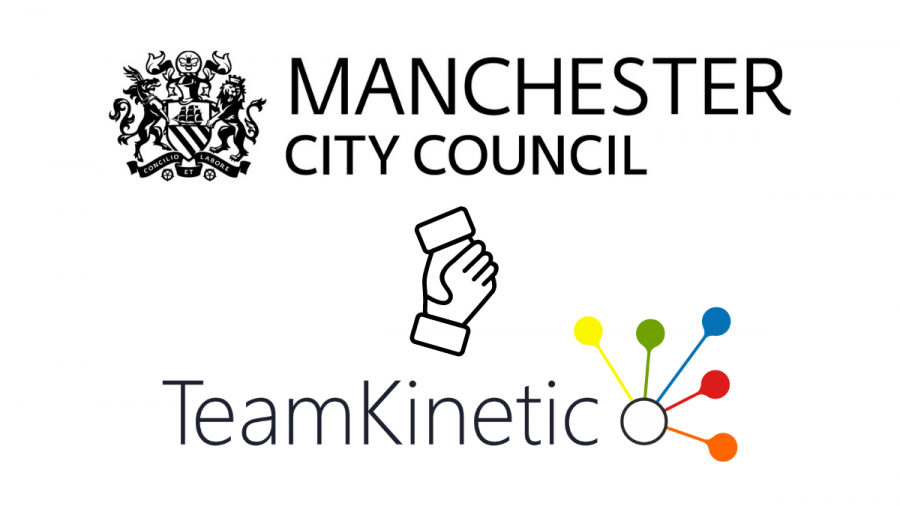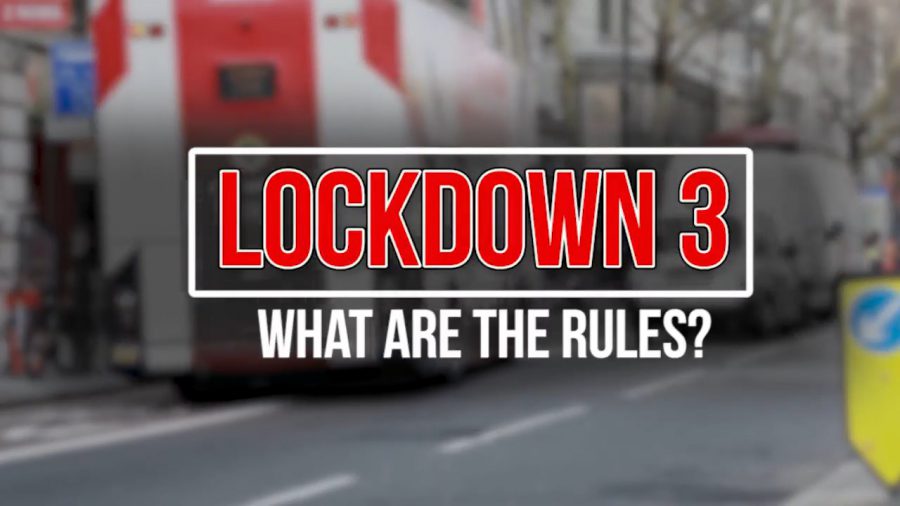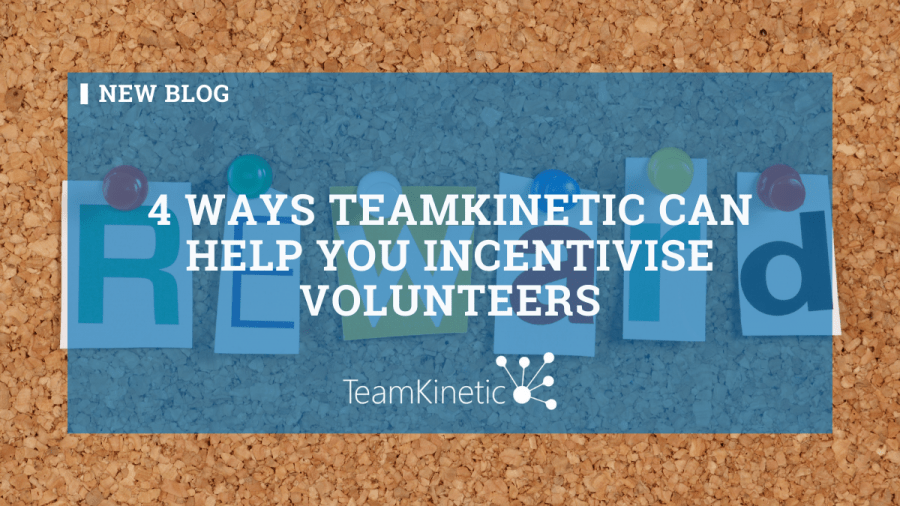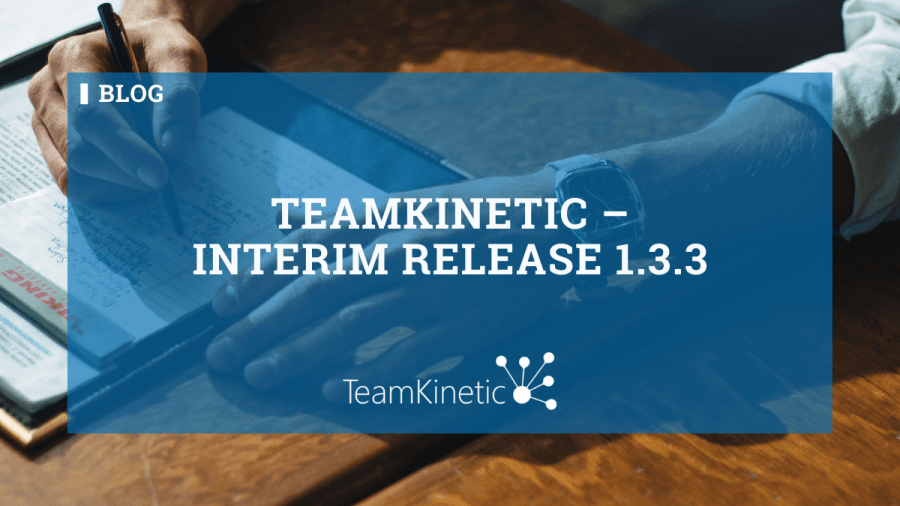Much of the work we will refer to in this paper is based on figures collected from May 2020 until present as this reflects the period where the MCR VIP project went live to the public. We will be explicit if we are referring to data from beyond that time.
It is also worth noting that much of the activity on the MCR VIP system was either stopped or severely limited during the COVID 19 response. This was in part due to the difficulties associated with face to face volunteering.
The City Council did not use TeamKinetic initially in it COVID response and as such the figures do not fairly represent the time as for a large period there was little traditional volunteer activity being undertaken which was being tracked or recorded in TeamKinetic
Implementation
The project got underway in late 2018 with a plan to identify and train service leads from Libraries, Galleries and Culture, Parks and Green Spaces, Sports, Neighbourhoods.
The initial implementation saw the formation of a project board. The initial Project Manager was Adam Neill but he left shortly after the formation of the project board. Other members of the board included Programme Manager Trevor Roberts. Strategic Lead – Neighbourhoods Mark Rainey, Project Manager – MCRVIP Elaine Mills, Physical Activity Officer and previous leads officer for MCR VIP Craig Abel and ICT Business Analyst Liz Avison. Other people who had input during the initial planning phase included corporate communications.
The initial rollout of the project saw a training plan developed that would train and support the “admin” users of the site. Volunteer leads were identified in each service area and a combination of onsite and virtual training days delivered. 22 MCC staff were trained as potential admin users of TeamKinetic.
In addition, it became apparent that to our support of the Admin users there was also a need to provide additional training to what was referred to as Providers. We ran training workshops for Provider level users across the services who engage volunteers. Over 70 officers were trained to act as Opportunity provider within the system, as well as undergoing additional training on how to work with and engaged volunteers both using the system and in the real world.
This work was delivered through a combination of speakers and events and was devised to raise the profile of volunteering amongst the various services and to provide basic “how-to” information for officers who may not have had much experience in managing and working with volunteers.
It also provided opportunities for system users to provide feedback on their experiences directly to TeamKinetic to support the ongoing development of the product.
Our soft launch target date with international volunteer’s week 20th-26th May 2019 though some activity had started before that date as the system was still being used across Sport and Events.
COVID-19
COVID-19 had a significant impact on traditional volunteering across Manchester as such activity on the system dropped to almost zero in April to June and has stayed way below the previous level since then.
It is also worth noting that much of the activity on the MCR VIP system was either stopped or severely limited during the COVID 19 response. This was in part due to the difficulties associated with face to face volunteering. TeamKinetic was used extensively across the UK in response to COVID-19 and continues to be used to support communities across the UK and TeamKinetic were recipients of an award from NHSx and NHS England concerning their community support features for at risk communities called TechForce-19.
The City Council did not use TeamKinetic initially in it COVID response and as such the figures do not fairly represent the time as for a large period there was little volunteer activity being undertaken which was being tracked or recorded in TeamKinetic.
It has been discussed with Elaine as to how the TeamKinetic COVID Community Task features could be explored for use across other civil contingency and resilience planning situations and as part of the ongoing COVID-19 and in specific response to mass testing and vaccinations when rolled out.

Data
Usage
A total of 1732 people signed up to the MCR VIP system since the 20th May of which 417 have gone is to become active, which is a rate of 24% for the year. If we only look at the year from May 2019 until March 2020 we see that rate is actually much closer to 44% so we can again assume COVID has had a significant impact on the activation of volunteers.
We normally expect to see in a TeamKinetic system for Local Government a rate of about 40-55% of volunteers who register become active within 12 months of registration.
Active means they have signed up and completed a volunteering opportunity and have had hours logged against that opportunity in the system. There has been a reduction in conversion rates this year again as a result of COVID-19.
Location and Economic Breakdown of MCR VIP Volunteers
The heat map below shows your volunteer density across the city and the surrounding boroughs. The bulk of the volunteers since May 2019 are Manchester residents but you can see pockets of activity across the all the neighbouring areas.

Volunteering by Index of Multiple Deprivation Rank (IMDR) for all volunteers registered since 20th May 2019.
This chart includes all volunteers including those who reside outside Manchester.
The Graph shows the number of volunteers by decile. That is the number of volunteers with a home postcode that is ranked using IMDR.
1 = bottom-ranked postcode area in bottom 10% ranked area of England
10 = top-ranked postcode area in the top 10% ranked area of England

This data is interesting as volunteering is perceived to be a traditionally middle-class activity and this is generally supported by research from NCVO and Community Life Survey Data undertaken by DCMS.
What can be seen quite clearly from the MCR VIP data is that across Manchester and its surrounding areas Volunteering is very well represented in the areas of highest deprivation. This is of course impacted by the fact Greater Manchester has more areas that fall into the bottom 50% according to the IMDR rank, but I think it is also compelling that the people of Manchester demonstrate that poverty is not a defining factor in their willingness to volunteer.
This finding is even more important when you consider the following question.
‘Does volunteering in the UK contribute to increased personal wellbeing and health?’
Yes, it does. This question was the central topic of the Happy Days Report, published by State of Life in 2019. The report provides “the most robust quasi-causal estimates to date of the impact that volunteering has on an individual’s life satisfaction and self-perceived health.”
The paper finds that having volunteered in the last 12 months is associated with an increase in life satisfaction of 0.034 on a 1-7 scale in the first differences model. This corresponds to 0.057 on the ONS endorsed 0-10 scale if we apply a linear transformation. This effect is roughly comparable to living in a less deprived neighbourhood and also roughly equal in size to one-sixth of the increase in life satisfaction associated with full-time employment vs. being unemployed.
The Happy Days report shows that alongside life satisfaction, robust quasi-causal positive associations were also found between volunteering and self-reported general health, mental health measured by the GHQ index. There is also a positive association with the other ONS-endorsed measure of ‘feeling that things in life are worthwhile,’.
Volunteering is shown to have a positive impact on trust in all demographics and particularly those who start with a trust deficit (in the UK this is lower socioeconomic groups – ‘A Bit Rich’ 2019).
Mixing with people from different backgrounds is important and the 2019 ‘A Bit Rich’ study found that volunteering has a positive role to play on trust and social diversity/mixing:
• Volunteers have around two-thirds higher odds of reporting trust in people living in the neighbourhood, compared to non-volunteers.
• 44 per cent of all volunteers reported having mixed with people from different ethnic backgrounds or religions in the past 12 months, compared to only 31 per cent of the general population
The key finding of the research quoted above is that the evidence from the 2019 work on the diversity of income and ethnicity in volunteering (A Bit Rich and ABC of BAME) shows that the wellbeing and health benefits of volunteering are considerably higher for marginalized groups compared to other groups.
Age
The age profile of the MCR VIP volunteers is interesting as again it does not reflect national trends or patterns. Volunteering is often found to be a pursuit of older individuals, this often as a result of them having the time. The employment of a digital system such a TeamKinetic reduces barriers to entry especially for younger volunteers who are digitally engaged. It speeds up the process of volunteer recruitment, a significant factor in younger people volunteering.
Another significant consideration is that the MCR VIP system works seamlessly with Manchester University Sport and Manchester Metropolitan University Student Union system which are also powered by TeamKinetic. This ensures MCR VIP always has its opportunities available to young, motivated student volunteers.

Ethnicity
Volunteering on the MCR VIP system is as multi-cultural and diverse as the city the volunteers represent. Volunteering across the UK tends to be thought of as a predominantly white activity but it’s clear that this is not the case in Manchester with over half of the registered volunteers described themselves as non-British White.
It is widely acknowledged that volunteering, under non-pandemic circumstances, is more widespread in the upper socioeconomic groups L1 to L10 and in the white ethnicity groups. It would appear that this is not necessarily the case during the pandemic. It does seem clear that the use of technology to recruit volunteers lowers barriers to entry for BAME individuals.
To volunteer traditionally would be heavily influenced by issues of social network and social capital. Many BAME individuals and communities do not have the same access to opportunities, as they are not often linked into the established networks to enable them to take advantage of the opportunities available.
As discussed earlier, there is strong research to suggest that volunteering can play an essential role in developing Social Trust and building better social cohesion. Volunteers tend to have more interactions with individuals who have a different ethnic background to theirs than non-volunteers.
Gender
Data from across the voluntary sector would normally suggest a 60%/40% gender split in favour of women to men.
Sports Volunteering is often the reverse of this with a 60%/40% split in favour of men to women. So the results of the MCR VIP gender spilt are quite surprising.
There is some quite compelling research that suggests that volunteering has a stronger impact for UK women than for men, thus being a potentially useful instrument in fighting gender inequality. As reported in the Happy Days study in 2019.
The report also highlights higher wellbeing increases associated with volunteering at the extremes of the income distribution, but particularly for the lowest income category – suggesting that ‘volunteering can be promoted as part of a policy intervention aimed at improving the quality of life of vulnerable groups in society.
Opportunity data
Volunteers recorded 2256 hours of volunteering in the system from 20th May 2019. These hours took place over 277 opportunities.
The top 10 most popular opportunities regarding the number of hours undertaken by volunteers are:
|
1 |
Festival Of Manchester 2019 |
|
2 |
The Manchester Trophy 2019 – General Volunteers |
|
3 |
The Manchester Trophy 2020 – General Volunteers |
|
4 |
Nature and Chill a.k.a let’s grow fruit, veg and mushrooms or DIY |
|
5 |
Manchester International Swim Meet |
|
6 |
Family workshop Summer Volunteers 2019 |
|
7 |
The HSBC UK | National Track Championships 2020 |
|
8 |
Manchester Digital Champions |
|
9 |
Packing food bags for families in Greater Manchester – Help us feed families |
|
10 |
Help Teach English in an Informal atmosphere, |
The variety of opportunities in the top 10 says something to the variety of Manchester’s volunteers and the diversity of the offer MCR VIP has developed since its relaunch. Events, as you can see, are always popular due to their short-term nature and volunteers tend to find them exciting. We can also see opportunities that are ongoing and have more challenging criteria for entry such as Manchester Digital Champions in the top 10. To see these types of ongoing opportunities in the top 10, especially taking into account lockdown shows how volunteers can provide ongoing, regular services. This type of volunteering could be argued has the highest impact for the residents of Manchester.
Safeguarding
It appears that no volunteers have had a DBS recorded in the system during the period from May 20th. We did see the Identification Verification system used 18 times as part of a project to support members of the public during COVID-19.
MCR VIP has not used the more advanced safeguarding features and this may be an area that could be explored further in the future. These tools can be used alongside Volunteer photographs and Volunteer ID badges that are produced in TeamKinetic with embedded QR code technology. This allows TeamKinetic to be used when managing opportunities with a higher risk profile such as Adult Social Care.
Application Analytics
MCR VIP has seen the following web traffic since 20th May 2019.
1,251,940 site visits
These visits have been across all devices and have used most browser technology. We have seen a significant increase in mobile access to the site, and this now accounts for 62% of volunteer site traffic. This is why TeamKinetic is proactively developing with mobile responsive design and continue to develop our iOS and Android native offer which should see new apps available in late Q1 of 2021.
Economic Impact of MCR VIP volunteers
Volunteering is a rare, universal, and valuable good that unites us all. It is the glue that holds our societies together in everyday life and at times of crisis. Volunteering is helping each other out of free will. It is arguably why we have survived and succeeded as a species – our ability to collaborate and support one another. Volunteering is millennia old and all religions have at their core a message about volunteering – helping those less fortunate than yourself is a key philosophical teaching we try to impart on our children. As a result, we think volunteering is a sleeping giant in our economy.
Andy Haldane, the Chief Economist at the Bank of England, estimated volunteering to be worth between £50 and 200bn , approximately 2.5% and 10% of UK GDP. This calculation also included several extra layers or concentric circles of value. Haldane described the circles of value as layers of an onion. The figure below depicts the ‘Halo’ of value that stretches out from the volunteer. This model represents a step by step approach to valuing volunteering and it halo effect that we have adopted for the reporting of impact for this project. We are still lacking some of the data we need to undertake this level of evaluation, but I want to take this opportunity to outline what is possible using TeamKinetic.
To calculate the value of the volunteer’s hours, which in the diagram above is represented by the central circle, we have opted to use a cost replacement approach. For simplicity we have applied a single wage replacement rate based on a domiciliary healthcare assistant, midpoint, band 2 agenda for change :
£9.89 per hour + 25% (NI / tax employer £2.47) = £12.36 per hour
These are lower hourly rates as normally a staff provider would need to add on their ‘oncosts’ in addition which range from 10-33%. I would then remind you to apply a potential (+) variance of up to 33% on the final figures. Based on these numbers we can demonstrate the following.
2256 hours X £12.36 = £27,884
I think we could make a pretty strong case that had COVID-19 not occurred we would image this figure to be considerably higher and maybe even 3 times higher if the bulk of the volunteering had not stopped.
Using the Concentric Circle model, my next suggestion is that to further this work we would need to undertake some additional data collection to understand the direct wellbeing effects on the volunteers themselves. This work can be done using a simple survey that would allow us to capture some data on how volunteering makes your volunteers feel. We can use this data alongside data sets such as the British Household Survey and the Census to evaluate our volunteer population against the general population. Where this work had been undertaken before we have seen a consistent effect that volunteers tend to be healthier and happier, this type of work would enable you to say to what extent they are happier and healthier and what value does that have.
The next circle of the evaluation would focus on the recipients of the volunteers time. We would look to develop an economic model that allows you to calculate beyond cost replacement what the value and impact the volunteer have on those they support. An example might be a Digital Champion Volunteer may actually help 12 other people; it would be really useful to understand what that help is worth to those people who are beneficiaries of that volunteering. This way we can estimate which type of volunteering generates the greatest social impact and use this information to invest in the volunteering that makes the largest impact on Manchester residents.
The final stage of the evaluation would be to explore the less tangible benefits such as social trust, social capital and community cohesion. The impact on and reduction of social isolation and loneliness. These concepts are often quite difficult to measure at an individual level but very useful at a population level.





















 accreditation software for the Rugby Super league Grand Final. In 2020 TeamKinetic have now become the accreditation supplier for the whole of the Rugby Football League, providing an accreditation software for all matches.
accreditation software for the Rugby Super league Grand Final. In 2020 TeamKinetic have now become the accreditation supplier for the whole of the Rugby Football League, providing an accreditation software for all matches.  Chris Martin, Managing Director of TeamKinetic said “We are proud to be providing a working accreditation system which will allow for the Rugby League to resume safely. Myself and everyone at TeamKinetic are excited to be working with the Rugby Football League and continuing to support them in the future.”
Chris Martin, Managing Director of TeamKinetic said “We are proud to be providing a working accreditation system which will allow for the Rugby League to resume safely. Myself and everyone at TeamKinetic are excited to be working with the Rugby Football League and continuing to support them in the future.”